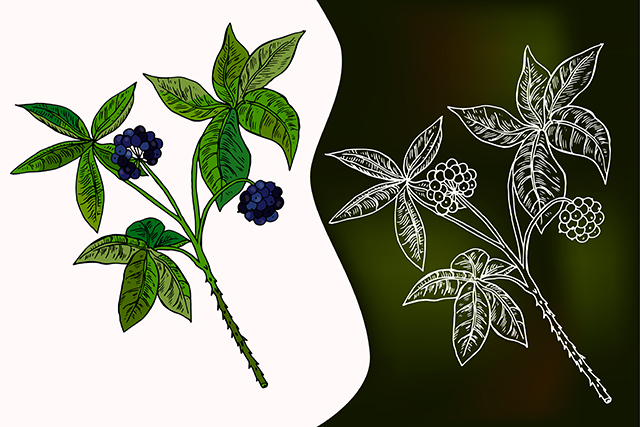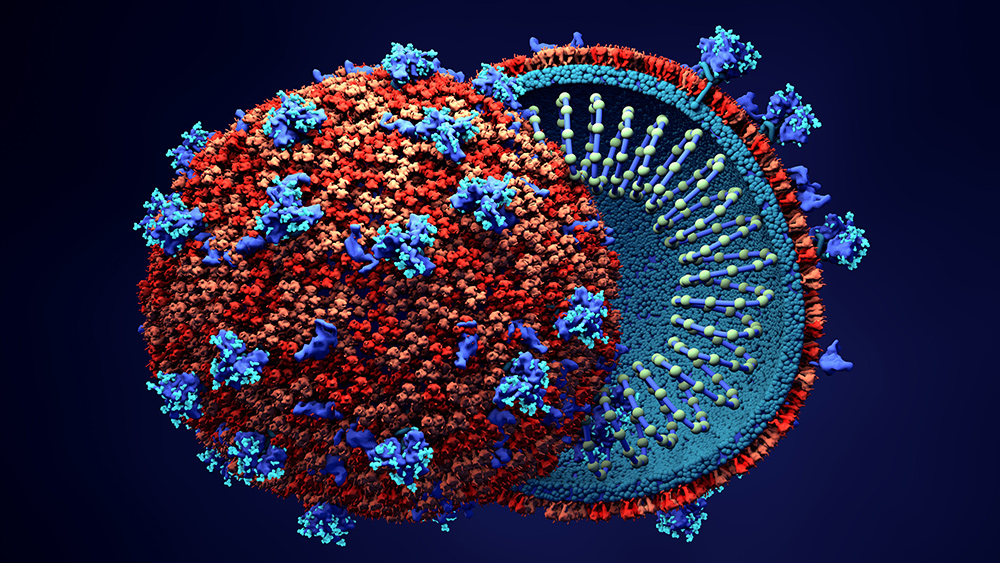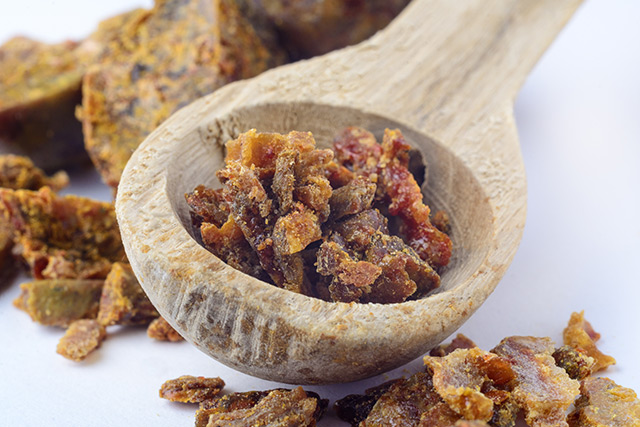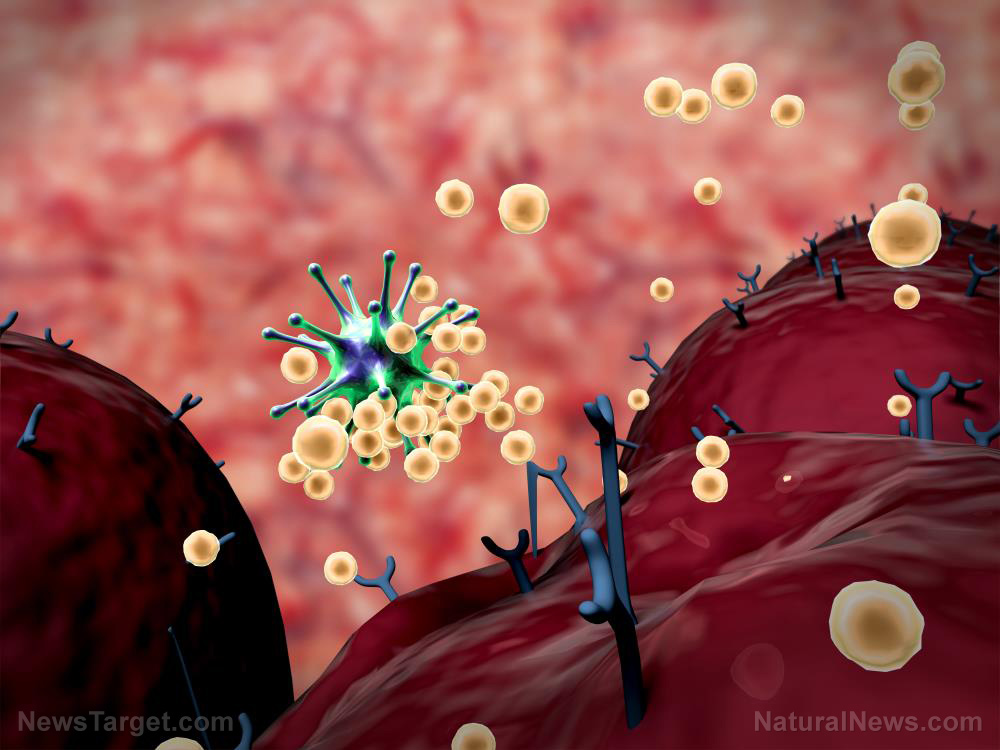Study: Animals under dietary restrictions have better protection against tumors and bacterial infections
07/24/2020 / By Virgilio Marin
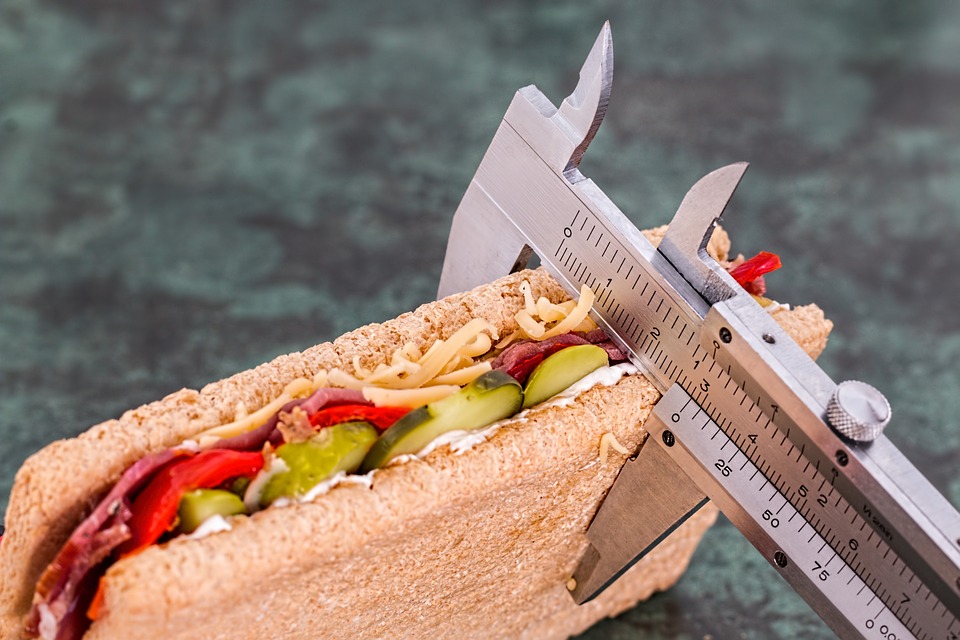
A study published in the journal Cell found that restricting food intake can produce better immune responses against tumors and bacterial infections.
During animal testing, researchers from the National Institute of Allergy and Infectious Diseases observed that T cells of mice that had their caloric intake reduced displayed improved immune memory.
Although further research is needed, these findings may one day help clinicians develop better strategies to protect people from cancers and other diseases.
Stronger memory T cell response caused by dietary restriction
T cells are a type of white blood cell that can fight only one type of virus. They play an important role in fighting infections and harmful pathogens.
On the other hand, memory T cells are a type of immune cell that is trained to recognize specific antigens. After recovering from an infection, memory T cells will remain in the body instead of being removed through cell death. When the same pathogen that caused an infection is detected again, these T cells trigger a faster and stronger immune response.
In the study, the researchers wanted to look at the effects of eating less on memory T cells. They initially observed that fat tissue harbors memory T cells in mice. As such, they wondered whether this phenomenon could help preserve immune memory when calorie intake was reduced.
To test their hypothesis, the researchers infected mice with the bacterium Y. pseudotuberculosis. After the mice developed immunological memory against the bacteria, the team reduced the food intake of some of the mice for up to four weeks before exposing all to the same bacteria again.
The researchers found that those with restricted diets had stronger memory T cell responses and were better protected from illness. Furthermore, they found that memory T cells were more protective against tumors in mice who had less food, after repeating the experiment using a vaccine for melanomas.
The study hints at how the immune system may have evolved to help mammals survive in times where food was scarce, keeping their immunity intact.
The phenomenon has not yet been observed in humans and the lab test results may not correspond to dietary advice for people. That said, the study may eventually benefit healthcare professionals in improving immunotherapy for cancers and other diseases through optimizing nutrition.
Choosing the right type of fasting to boost health
One way to do reduce food intake is through fasting. However, research has found that it is not enough to simply cut back on the consumption of food — the type of fasting done also matters.
The current study, for one, found that a 50 percent reduction in food consumption for a week resulted in increased protection against diseases. Meanwhile, other research showed that short, 19-hour fasts led to reductions in inflammatory markers in the blood.
For people at risk of diabetes, intermittent fasting may be a good method to try. This method has been found to decrease inflammation and help normalize blood sugar levels. Furthermore, it can lower ectopic fat accumulation in the pancreas and liver, which is linked to the development of Type 2 diabetes. (Related: Boost your metabolism and longevity with fasting.)
Green juicing, on the other hand, is a fasting ritual that may help people with cancer. This involves consuming only juices made out of green vegetables. Experts suggest that when done over a period of three days at least once a month, it can accelerate the repair of a damaged immune system and help the body heal from cancer as well as the effects of cancer treatments like chemotherapy.
For more information on the benefits of fasting, visit Fasting.news.
Sources include:
Tagged Under: anticancer, diabetes, diabetes prevention, diet, disease treatments, fasting, green juice, immune system, infection prevention, infections, intermittent fasting, T-cells
RECENT NEWS & ARTICLES
ImmuneSystem.News is a fact-based public education website published by Immune System News Features, LLC.
All content copyright © 2018 by Immune System News Features, LLC.
Contact Us with Tips or Corrections
All trademarks, registered trademarks and servicemarks mentioned on this site are the property of their respective owners.





